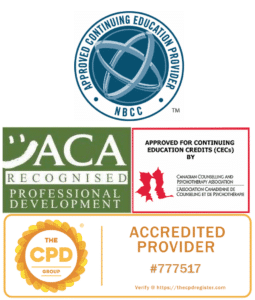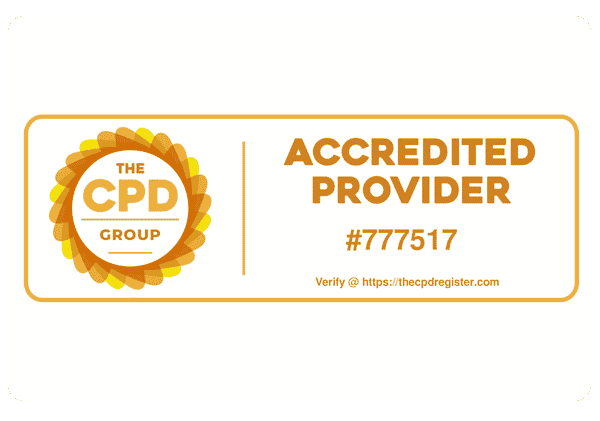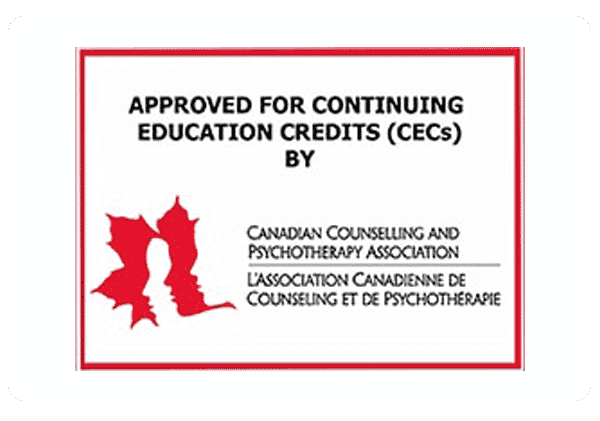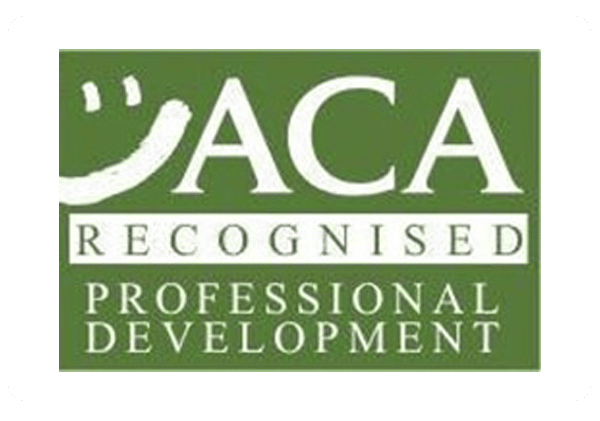4-Part Series: Anger-relevant Interventions for Children & Teens: Clinical Strategies for Anger Management, Bullying, Oppositional Defiance and Conscience Development – Dr John Taylor
This four-part collection of hour-long modules surveys guidelines for counselors and therapists to assist parents of children and teens who have anger-related issues. Those who show deficits in maintaining self-control under conditions of hurt or frustration can always benefit from the anger management strategies given in Module 1. They are especially useful to help any child or teen gain a new level of understanding about the functions of anger and how to control them.
Children and teens who are victims of bullying as well as those who bully can also benefit from the approaches this series provides. The parents of children and teens who have not developed a well-functioning conscience, as well as those whose anger is reflected in oppositional defiance also can benefit from the panoramic array of practical, teachable interventions detailed in this series.
Module 1. Healthy ways to manage anger
Module 2. Bully-proofing children and teens
Module 3. Answers for oppositional defiance
Module 4. Building conscience in young children
TRAINING information
This four-part collection of hour-long modules surveys guidelines for counselors and therapists to assist parents of children and teens who have anger-related issues. Those who show deficits in maintaining self-control under conditions of hurt or frustration can always benefit from the anger management strategies given in Module 1. They are especially useful to help any child or teen gain a new level of understanding about the functions of anger and how to control them.
Children and teens who are victims of bullying as well as those who bully can also benefit from the approaches this series provides. The parents of children and teens who have not developed a well-functioning conscience, as well as those whose anger is reflected in oppositional defiance also can benefit from the panoramic array of practical, teachable interventions detailed in this series.
Module 1. Healthy ways to manage anger
Module 2. Bully-proofing children and teens
Module 3. Answers for oppositional defiance
Module 4. Building conscience in young children
Module 1
Title: Healthy Ways to Manage Anger
This module is designed to provide any counselor or therapist with easy-to-teach concepts applicable to a wide range of anger-relevant behaviors. Anger is always a secondary response to a perceived primary hurt or pain. The best intervention is to help the client discover how to use it wisely, rather than attempting to act-out reflexively, ignore it or stifle it. This module shows you how to clarify the functions and uses of anger and encourage wise use of anger energy.
Anger’s energizing, focusing, and protective functions are important for clients to understand. This module provides helpful analogies to assist clients in moving to a new, higher level of wisdom about the anger they are experiencing. Goals of anger therapy include helping clients gain an improved sense of control over their anger, so they can channel it into pro-social, constructive expressions while at the same time reducing or eliminating the source of hurt to which the anger is a secondary emotional response.
Outline
1. Anger definition and characteristics
2. Unhelpful things to say
3. Wise anger management
a. helpful things to say
b. Three things to do with anger
4. Mishandling of anger
5. The smoke alarm analogy
6. The cake analogy
7. The balloon analogy
8. Sharpen awareness
9. Physiological factors
10. Counseling & therapy guidelines
Learning Objectives
After attending this module, participants will be able to:
1. Clarify the energizing and focusing aspects of anger.
2. Explain why “Don’t be angry” is a foolish admonition.
3. Clarify the three most beneficial “uses” of anger.
4. Explain the smoke alarm analogy to anger.
5. List at least four common comorbidities featuring anger control problems.
6. List the four most common categories of maladaptive expression of anger.
Module 2
Title: Bully-proofing children and teens
This module surveys the traits of bullies and their victims. Topics include the three main types of bullying along with recommendations to help children and teens evade becoming victims of bullying. The three most prominent motives driving bullying behavior are put into clear perspective in this module. It describes eleven key traits of bullies and twenty-two traits of their victims. The hallmark of this module is portrayal of thirty-two specific bully-proofing tactics recommended to assist potential victims before, during and after victimization moments.
This module is designed to provide a panorama of useful information about bullies and their victims that will magnify the impact of counselors’ interventions on behalf of potential victims.
Outline
1. Types of bullying
2. Motives behind bullying
3. Eleven key traits of bullies
4. Twenty-two traits of victims
a. nine stable traits
b. five in-the-moment traits
c. eight “I’m a victim” tip-offs
5. Thirty-two bully-proofing suggestions
6. Lower the bullying risk
Learning Objectives
After attending this module, participants will be able to:
1. List at least five factors that lower the risk of a child’s becoming a bully.
2. State at least three behavior choices that are unwise after being a victim.
3. List at least three recommended things the child can say at the moment of potential victimization.
4. Describe at least three forms of relational bullying.
5. Describe at least two common motives bullies have.
6. Describe at least four stable traits of bullying victims.
Module 3
Title: Answers for oppositional defiance
This one-hour module includes practical suggestions for any mental health professional to assist in reducing arguments, shouting matches, deadlocks and power struggles that estrange children and teens from their parents and teachers. Topics include an exploration of personal power and every child’s need for autonomy, as well as how distortions of this need can morph into oppositional defiance. This module reveals key behavioral indications of oppositional defiance, along with the secret self-talk behind them.
Oppositionality is often reflected in disturbed peers relationships, and this module includes many important indicators. It also includes guidelines for helping parents and teachers establish an atmosphere of emotional safety and harmony. It provides suggestions to help parents normalize the child’s or teen’s sense of personal autonomy, handle privileges and choices, and avoid senseless shouting matches and arguments. It closes with a detailed description of 22 key strategies that help parents and teachers stay out of power struggles the oppositional child or teen is trying to instigate.
Outline
1. The need for personal power
a .indicators of healthy autonomy
b. indicators of insufficient autonomy
c. indicators of excessive personal power
2. Oppositional defiance
a. telltale behavior patterns
b. power-displaying mottoes
3. Oppositionality toward peers
a. bossiness and competitiveness
b. arrogance and one-up ploys
4. The foundation for harmony
a. normalize personal power
b. manage privileges and choices
c. sidestep power struggle invitations
d. maintain emotional safety
5. Confront without conflict
a. discover the child’s logic
b. show respect and valuing
c. use a five-step confrontation paradigm
6. Sidestep power struggles
a. set up the conversation (6 considerations)
b. mutually share of wants and needs (11 considerations)
c. prepare for surprise difficulties (5 considerations)
Learning Objectives
After attending this module, the participant will be able to:
1. Describe at least four behavioral indicators of oppositional defiance.
2. List at least three indications that a child has experienced excess personal power.
3. List at least four feelings that occur among children who experience insufficient personal power.
4. Cite at least three considerations for preparing for a problem-solving negotiation with an oppositional child or teen.
5. Describe at least four effective retorts for “I don’t know” when confronting a child or teen.
6. Describe at least four criteria to make a love-strengthening “quality time” event more effective.
Module 4
Title: Building conscience in young children
This one-hour module is designed to assist any therapist or counselor concerned with helping parents strengthen conscience in a child. The ages of two through nine are crucial for the development of social skills. By the age of five, children who later become delinquent or display other forms of social malfunctioning have often already shown evidence of weak conscience.
This module explores ways counselors and therapists can show parents how to build healthy social awareness and emotional responsiveness leading to the gradual development of a well-functioning conscience. It examines the core traits of children who have strong social awareness and a sense of right and wrong. It details the traits of kindness, honesty, trustworthiness, cooperativeness, and compassion, the hallmarks of a healthy conscience.
This module also portrays five efficient, child-friendly strategies to enable parents to stimulate improved social functioning. Self-worth forms a large part of the basis for conscience development and is a pivotal factor in determining social outcomes. This module concludes its panoramic survey of strategies with key concepts therapists and counselors can share with parents about bolstering their children’s sense of self-worth.
Outline
1. Components of conscience
a. Kind
b. Honest
Things to do
Things to not do
Answers for lying
c. Trustworthy
d. Cooperative
Answers for foul language
e. Compassionate
2. Social skills instruction
a. Modeling
b. Eight useful progress charts
c. Critical incidents
d. Social contrast method
e. Prompting in-the-moment
3. Bolstering self-worth
a. The campfire of self-worth
b. The importance of empathy
Learning Objectives
After attending this module, participants will be able to:
1. Describe at least three basic components of conscience.
2. Describe at least three strategies to reduce lying.
3. Cite at least two strategies to reduce foul language.
4. Describe at least three useful progress charts for enhancing social skills.
5. Describe the campfire analogy to a child’s sense of self-worth.
6. Cite at least three features of empathy in adult-child relationships.
About Dr John Taylor
 During his over 45-year career as a clinical family psychologist, John F. Taylor, Ph.D. has treated over 1600 children, adolescents and adults with ADHD and overlapping conditions. The father of four children with these symptoms, he has produced over 40 major works in this field, including landmark publications such as Helping Your ADD Child, From Defiance to Cooperation, and Nutrition & Neurochemistry: The ADD Link. He was selected to write the definitive article on ADHD for the Encyclopedia Americana and was among the first to advocate a multidimensional approach combining academic, psycho-social, physiological and sensory-motor interventions.
During his over 45-year career as a clinical family psychologist, John F. Taylor, Ph.D. has treated over 1600 children, adolescents and adults with ADHD and overlapping conditions. The father of four children with these symptoms, he has produced over 40 major works in this field, including landmark publications such as Helping Your ADD Child, From Defiance to Cooperation, and Nutrition & Neurochemistry: The ADD Link. He was selected to write the definitive article on ADHD for the Encyclopedia Americana and was among the first to advocate a multidimensional approach combining academic, psycho-social, physiological and sensory-motor interventions.
A popular consultant and trainer for school districts, he has produced major resources on each, including The ADHD Student At School (academic), Improving Social Skills (psycho-social), Dietary & Nutritional Treatment of ADHD (physiological), and Learn to Have Fun With Your Senses (sensory-motor). He is the author and developer of two ADHD clinical forms, the Hyperactivity Screening Checklist and the Medication Effectiveness Report. He earned his MA and PhD degrees in Psychology at Kent State University and has taught in three institutions of higher learning. His website is Parentology.guide.
CPD / CE
CPD / CE / NBCC credits: 1 for each module








